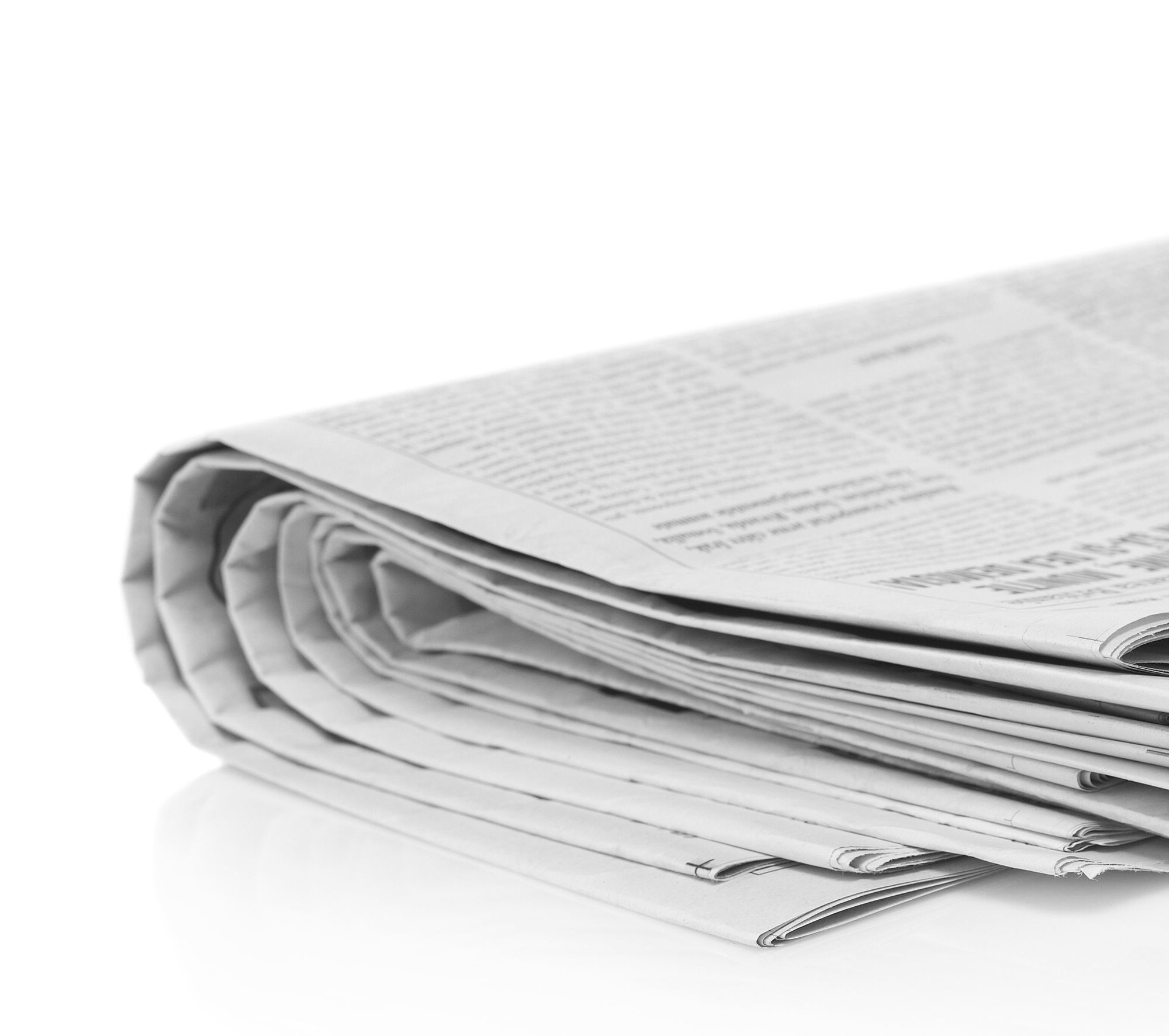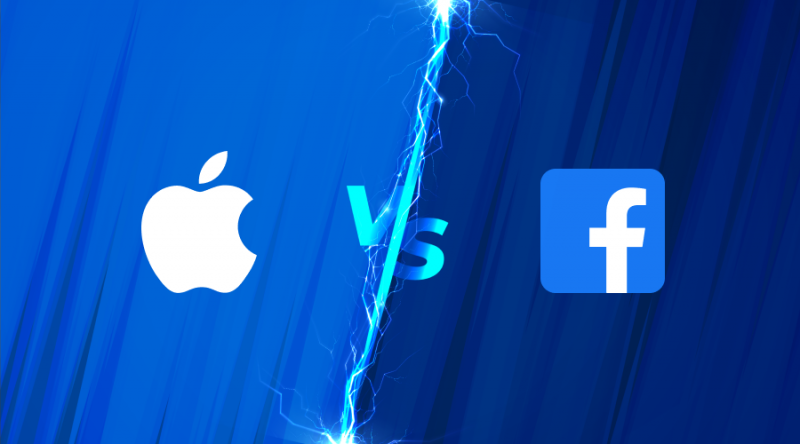It is not an understatement to say that Facebook & Apple have not been best of friends in recent months. It started with Apple changing its ad tracking policy in iOS14. The change means app developers can no longer rely on tracking user interactions via cookies (specifically the Apple IDFA) to find the consumers they want to target their ad campaigns to. This was a significant blow to app marketers, alongside other advertisers.
Why does Facebook care about that? Facebook is the most used digital ad platform by app developers but is in a battle for ad spend with Google, and now with emerging platforms like TikTok. If app developers can’t target the way they need to, their campaigns don’t generate the necessary return on investment (ROI) and developers don’t post as many ads through Facebook. Consequently, Facebook’s ad revenues take a hit.
Recent data shows Facebook revenues have been hit -13.2% (roughly $8B) and while that’s far lower than the 50% revenue drop Facebook predicted, it’s a serious challenge in this highly competitive market [1].
But developers still need to acquire users, which means they need to advertise, providing opportunity for Bango. In lieu of AD ID tracking data, developers (and other advertisers) need another source of reliable targeting data. Bango Audiences use purchase behavior targeting (PBT), which already delivers between 2-9x better return on advertising spend (ROAS) than traditional targeting methods. PBT does not rely on ad tracking cookies to work. Bango Audiences are also platform agnostic, meaning they can be shared on any platform, including both Facebook and TikTok.
[1] https://www.businessofapps.com/news/social-media-companies-lose-almost-10-billion-in-light-of-apple-app-tracking-policies/


